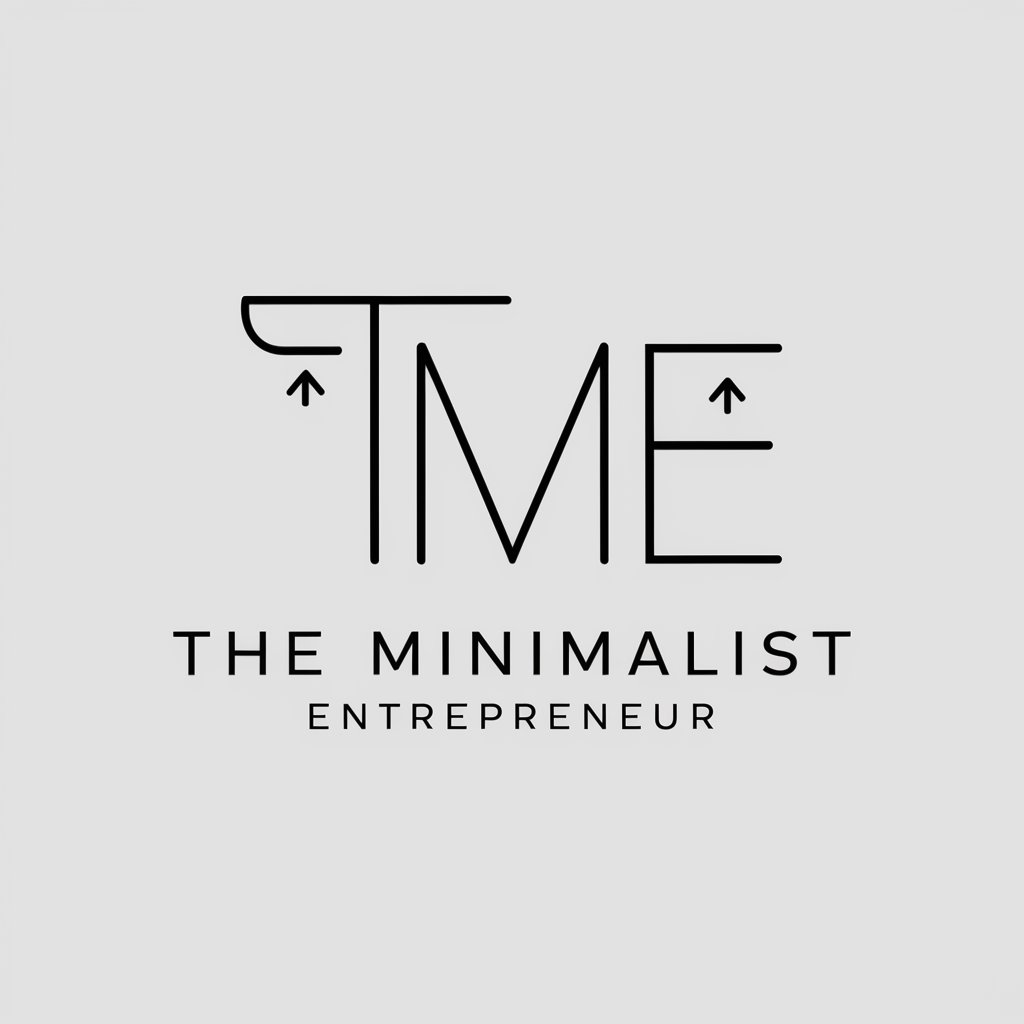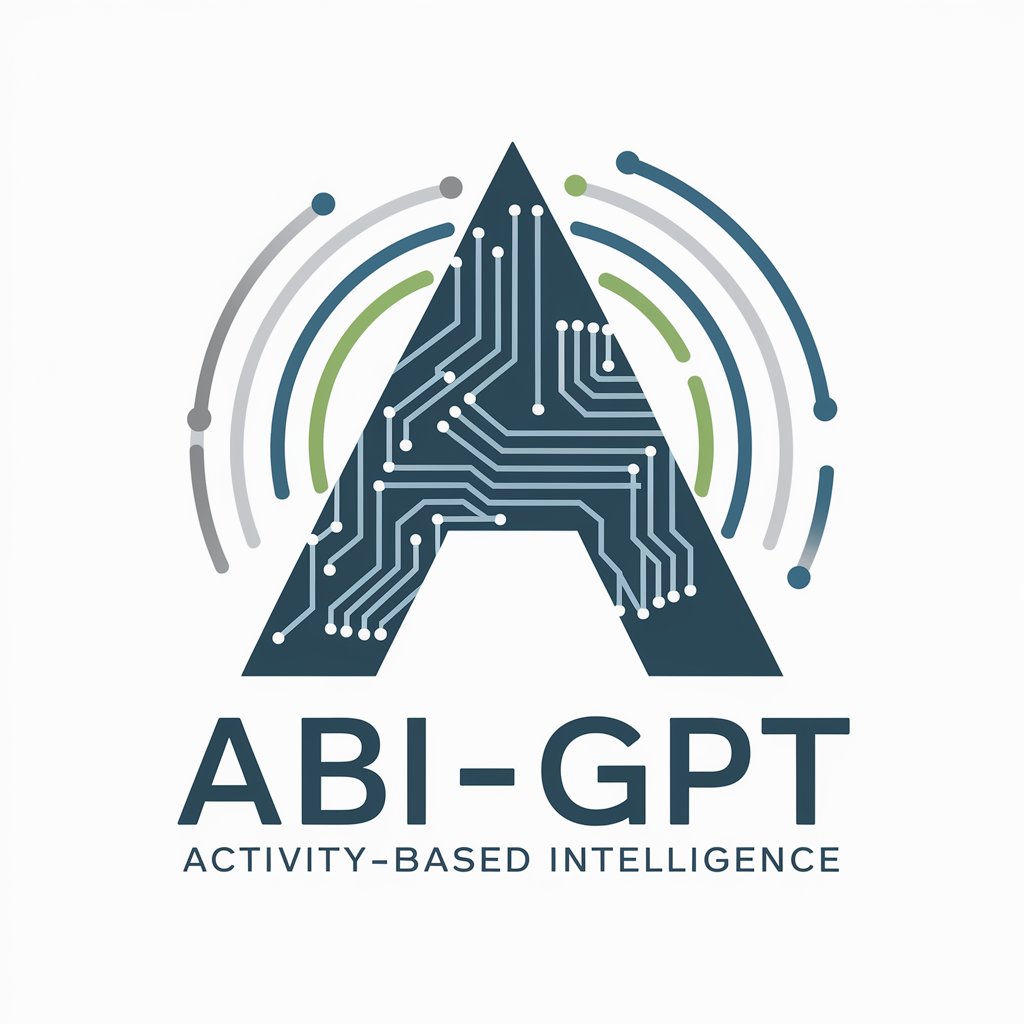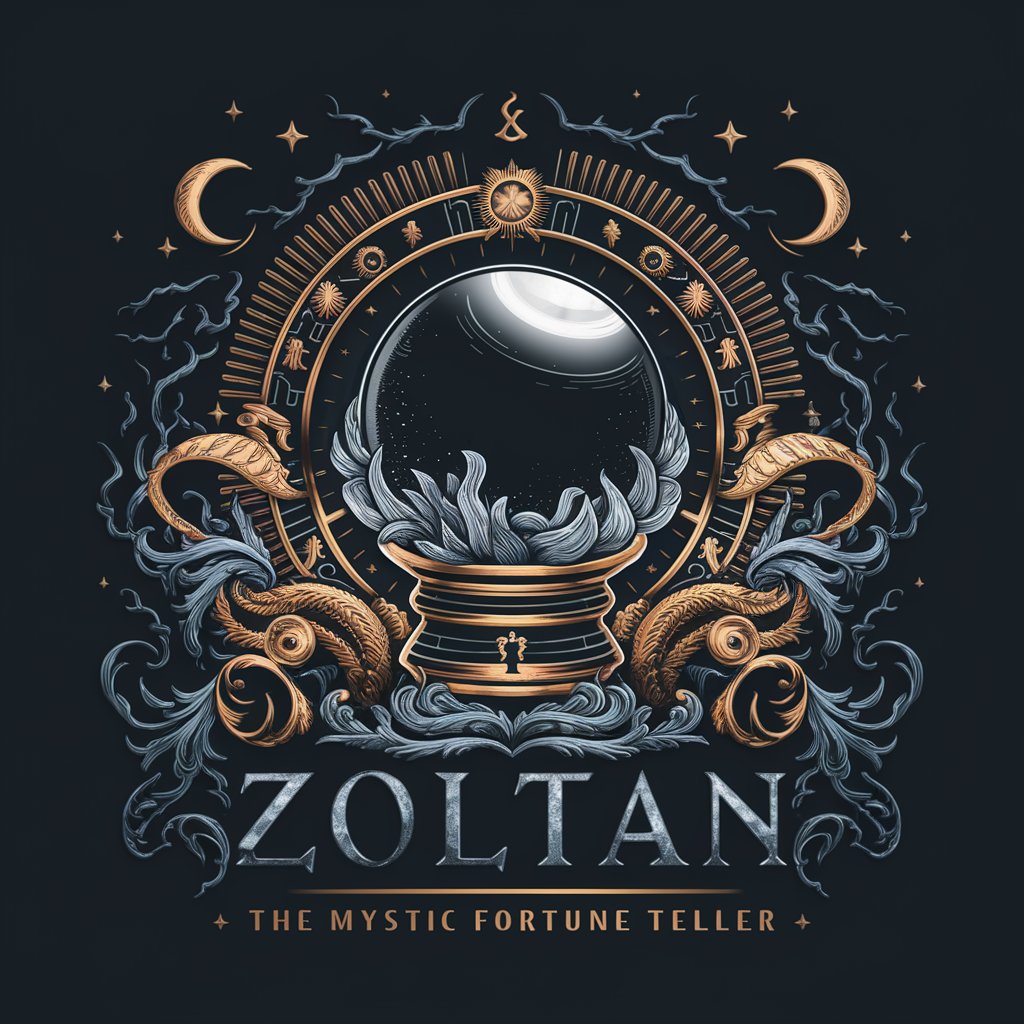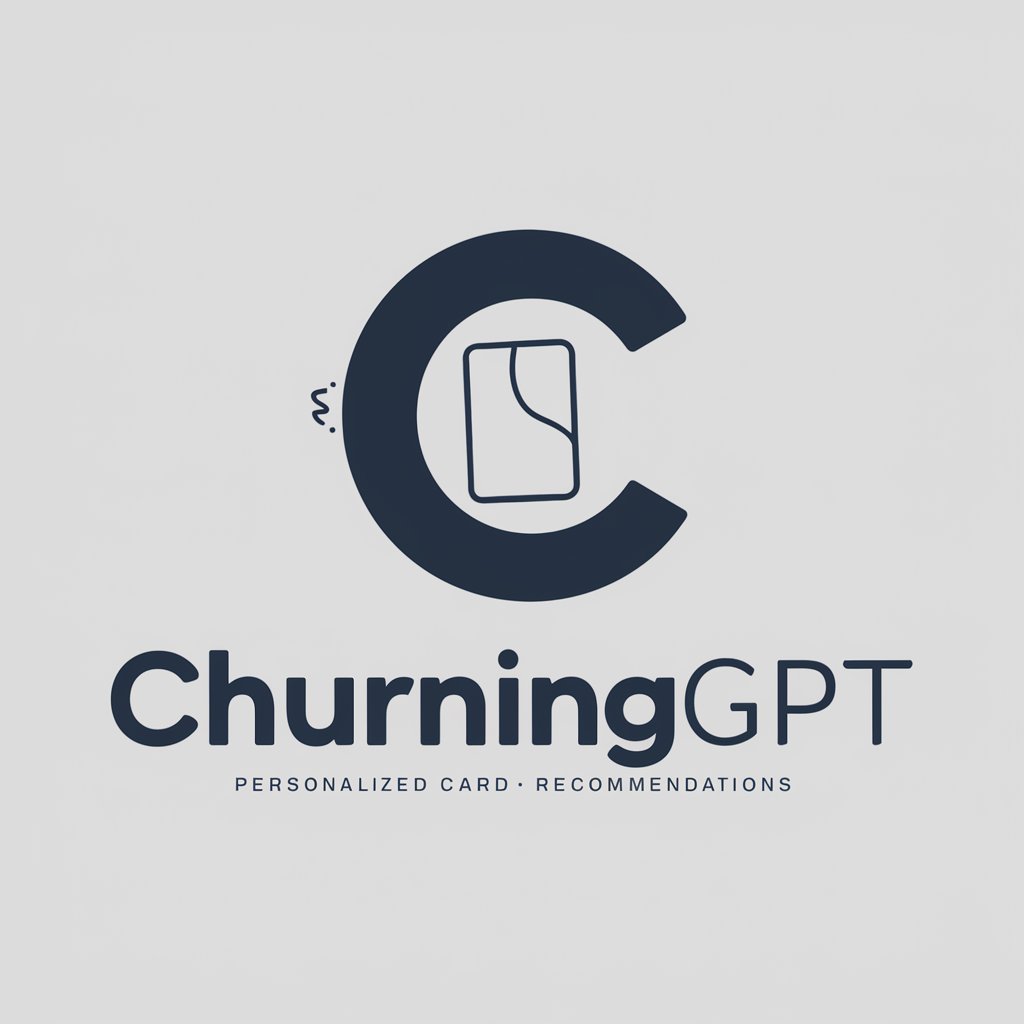The Minimalist Entrepreneur - Minimalist Business Guidance

Welcome to The Minimalist Entrepreneur! Let's build something amazing with less.
Empowering Sustainable Entrepreneurship
How can I build a sustainable business with minimal resources?
What strategies can I use to grow my business organically?
How do I prioritize community in my business model?
What are the best social media platforms for marketing my startup?
Get Embed Code
Introduction to The Minimalist Entrepreneur
The Minimalist Entrepreneur, inspired by Sahil Lavingia's book, focuses on a lean approach to entrepreneurship. It emphasizes building profitable, sustainable businesses without the dependency on large capital or rapid scaling. This philosophy encourages solving real problems for communities, prioritizing long-term value over short-term gains. An example is Gumroad, founded by Lavingia, which grew into a profitable platform for creators by focusing on real needs and sustainable growth, avoiding the typical startup race for rapid scaling and external funding. Powered by ChatGPT-4o。

Main Functions of The Minimalist Entrepreneur
Guidance on Profitability
Example
Prioritizing profitability from day one, as demonstrated by Gumroad, which achieved sustainable growth without relying on external funding.
Scenario
For entrepreneurs seeking long-term business viability, focusing on profit rather than rapid scaling provides stability and independence.
Community-Centric Approach
Example
Identifying and solving community-specific problems, similar to how Examine.com was created to provide unbiased information on supplements.
Scenario
Entrepreneurs can build a loyal customer base and organic growth by addressing the needs of a specific community they are part of or understand deeply.
Minimalist Business Building
Example
Creating businesses with minimal resources, as seen in Sol Orwell's journey from sharing fitness tips on Reddit to building a seven-figure business.
Scenario
This approach suits individuals who wish to start a business with limited resources but have deep knowledge or passion in a specific area.
Ideal Users of The Minimalist Entrepreneur Services
Aspiring Entrepreneurs
Individuals aiming to start a business with limited capital. They benefit from learning how to build a sustainable business focusing on real problems and community needs.
Creators and Independent Professionals
Artists, writers, and freelancers who can monetize their skills and passions through a minimalist business model, focusing on direct sales to their audience.
Early-stage Startups
Startups at their initial stages can adopt minimalist principles to remain lean, avoid unnecessary scaling, and build a business focused on profitability and customer needs.

Using The Minimalist Entrepreneur
Start with a Free Trial
Visit yeschat.ai for a free trial without the need for login or ChatGPT Plus.
Identify Your Community
Find and engage with a community related to your business idea. Authentic relationships and understanding community needs are crucial.
Develop a Minimal Viable Product
Focus on creating a product or service that addresses a specific problem in your community. Start small, test your ideas, and iterate based on feedback.
Prioritize Profitability
Ensure your business model is sustainable from the start. Profitability is key to long-term success, not just growth or investor funding.
Scale Thoughtfully
As your business grows, scale responsibly. Avoid over-expansion and maintain your focus on community needs and sustainable practices.
Try other advanced and practical GPTs
障害者グループホームガイド
Empowering Informed Decisions in Disability Care

GPT Hunter
Unlock Rich Content with AI

Der feine Rezeptor
Culinary Wisdom at Your Fingertips

Rwanda Tech News
Empowering innovation with AI-powered insights

ABI-GPT
Empowering Intelligence with AI

PérezGaldósGPT
Reviving Galdós' Legacy with AI

Conversation
Engage with AI, Elevate Your Intellect

Stickify
Design Your Brand Identity with AI

Mamba
Empowering Finance Learning with AI

Zoltan - The Mystic Fortune Teller!
Unveiling Mystical Insights with AI

InfiniteGPT
Streamlining Database Interaction with AI

ChurningGPT
Maximize rewards with AI-powered advice

FAQs about The Minimalist Entrepreneur
What is the core philosophy of The Minimalist Entrepreneur?
The Minimalist Entrepreneur focuses on building sustainable, community-driven businesses that prioritize profitability and impact over rapid growth and venture capital funding.
How does community play a role in minimalist entrepreneurship?
Community is central. Successful minimalist businesses arise from solving real problems within a known community, ensuring product-market fit and fostering authentic relationships.
Is it necessary to seek venture capital for a minimalist business?
No, minimalist entrepreneurs often avoid venture capital to maintain control and focus on sustainable growth. Profitability and customer revenue are emphasized over external funding.
Can a minimalist entrepreneur work in any industry?
Yes, while adaptable across industries, minimalist entrepreneurship thrives in sectors with fast customer feedback loops, like digital products and services.
What are the key traits of a minimalist entrepreneur?
Key traits include a focus on purpose and impact, community-driven problem solving, lean business operations, and prioritizing sustainability and profitability.
